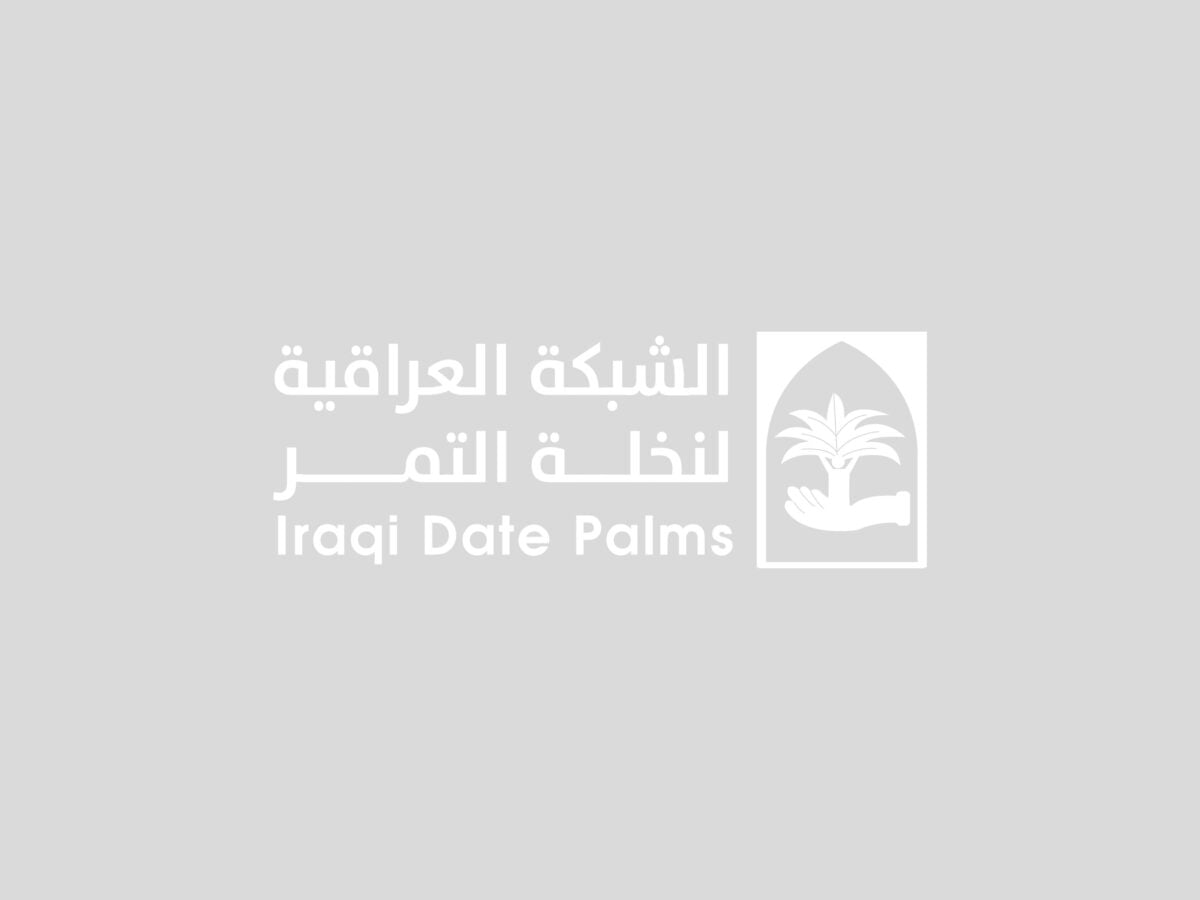
The 2nd International Training Course on Plant Tissue Culture Applications May 11-17, 2014 At
Horticulture Research Institute (HRI) and Central Laboratory of Date Palm Research and Development (CLDPRD), Agricultural Research Center (ARC), Cairo, Egypt
Date palm (Phoenix dactylifera L.) is a draught and tolerant plant species bearing edible and nutritive fruit cultivated in the Middle East, North Africa, and other countries in the world. Micropropagation is the key process of date palm development. HRI in collaboration with CLDPRD is planning within this short course on tissue culture applications to emphasis on date palm commercial micropropagation.
Plant cell culture can be a potential source for production of important secondary metabolites used as pharmaceuticals and food additives. Among the advantages of this technology over conventional agricultural methods: production is independent of variation in crop quality or failure, yield of target compounds would be constant and geared to demand, and new production methods can be patented. Many approaches have been used to maximize the yield of secondary metabolites produced by cultured plant cells; choosing a plant with a high biosynthetic capacity, obtaining efficient cell line, manipulating culture conditions, elicitation, metabolic engineering, and organ culture. One of the objectives of the current course is to overview various approaches used to maximize production of important secondary metabolites in plant cell cultures.
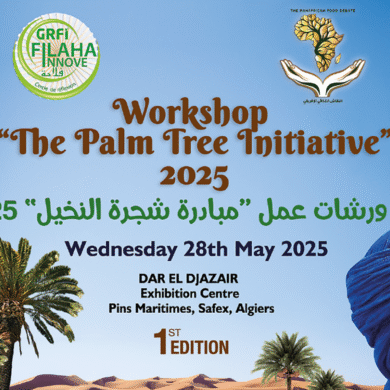
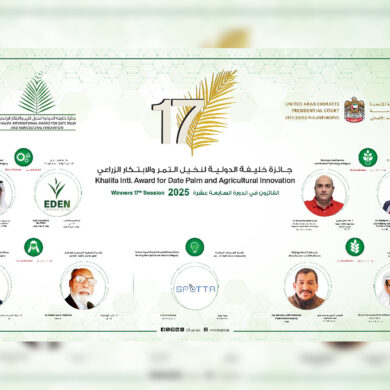
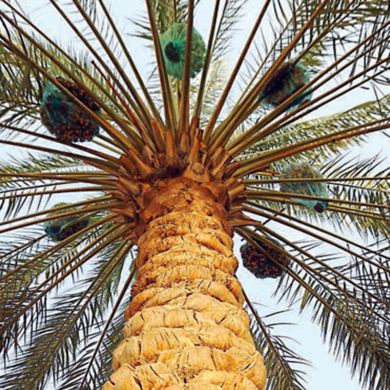
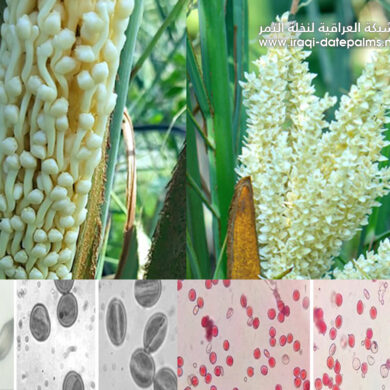
اترك تعليقاً